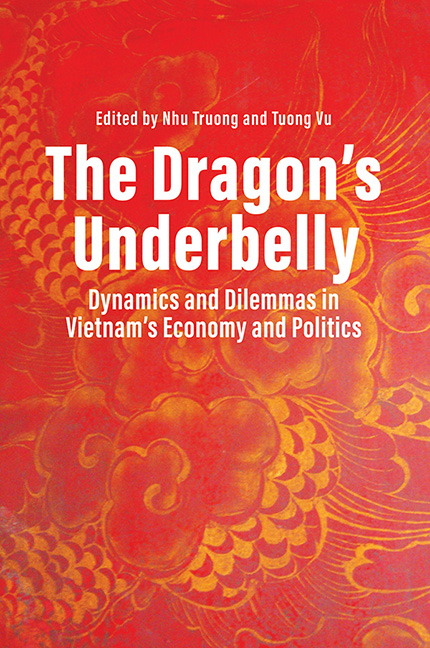Chapter 7 - The Vietnamese Communist Party’s Leadership in Public Higher Education
Published online by Cambridge University Press: 09 January 2024
Summary
Higher Education Governance and Political Regimes
Probably nobody would deny that higher education cannot be isolated from politics. The politics of higher education has been addressed by many higher education researchers, especially those in the United States (see McLendon 2003). For instance, a significant number of studies, including a seminal work by Burton Clark (1983), have critically analysed how higher education is governed by the state, and how such a relationship has been fundamentally restructured in the era of neoliberalism. But apart from notable exceptions such as Levy (1980; 1981) and Jungblut (2015), most higher education scholars tend to treat the state quite homogeneously. In other words, these scholars do not usually differentiate state models in their analyses of higher education governance.
In fact, higher education is governed by different logics in democratic and authoritarian regimes. In multi-party democracies the state cannot easily twist the arms of universities, although through financial policies, for instance, it is possible to exert indirect influence. In contrast, although authoritarian regimes generally have the power to dictate the internal affairs of universities, they are deeply perplexed when making policies. The logic, in its simplest form, runs like this: since universities usually nourish the democratic spirit (Bueno de Mesquita and Downs 2005; Sanborn and Thyne 2014), authoritarian regimes normally try to abolish the higher education system entirely (as illustrated by the Chinese Cultural Revolution), hamper the expansion of higher education, or adopt preferential admission and funding schemes to channel most higher education benefits into the regime’s loyal constituencies (Hanson and Sokhey 2020). But when it comes to the largely unquestionable contribution of higher education to economic development (Lane and Johnstone 2012), authoritarian regimes seem to be left considerably bewildered. Simply put, economic development could be a double-edged sword for these regimes. It contributes to social stability, a primary source of legitimacy for the regime’s resilience, but at the same time produces the middle class that will normally demand more autonomy from the state. Recent empirical evidence, however, tends to challenge this simplistic prediction of modernization theory, and shows that authoritarian regimes are markedly adept in reaping the benefits while significantly reducing the threats of economic development (see Wright 2010 for the case of China).
- Type
- Chapter
- Information
- The Dragon's UnderbellyDynamics and Dilemmas in Vietnam's Economy and Politics, pp. 207 - 233Publisher: ISEAS–Yusof Ishak InstitutePrint publication year: 2022

